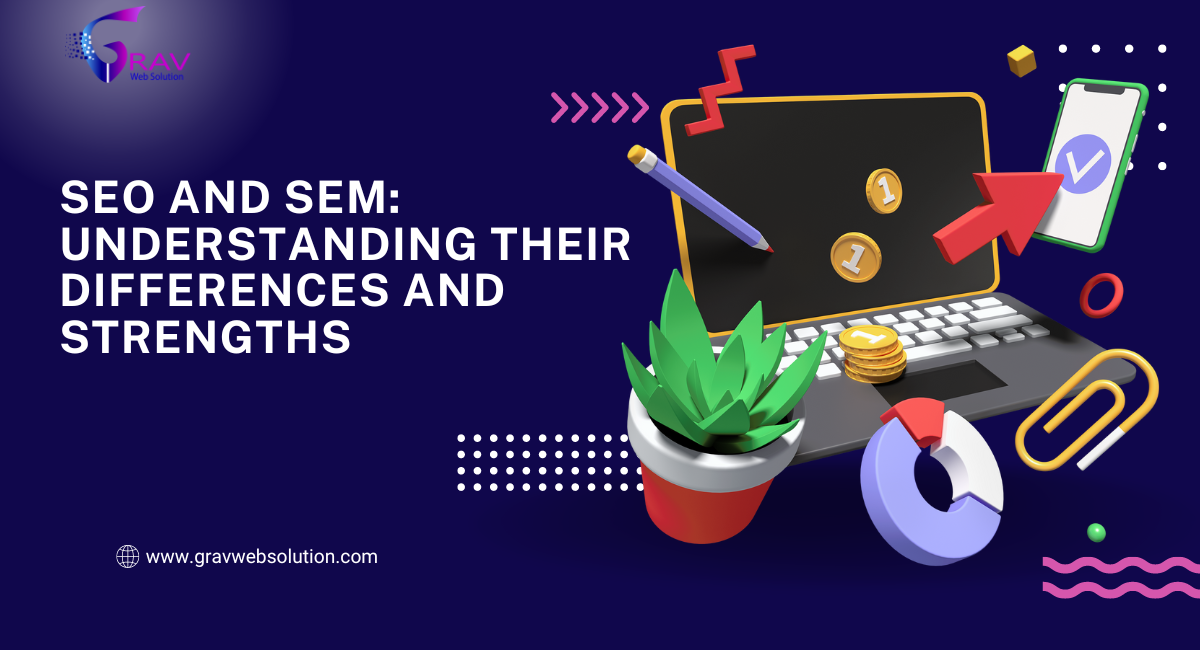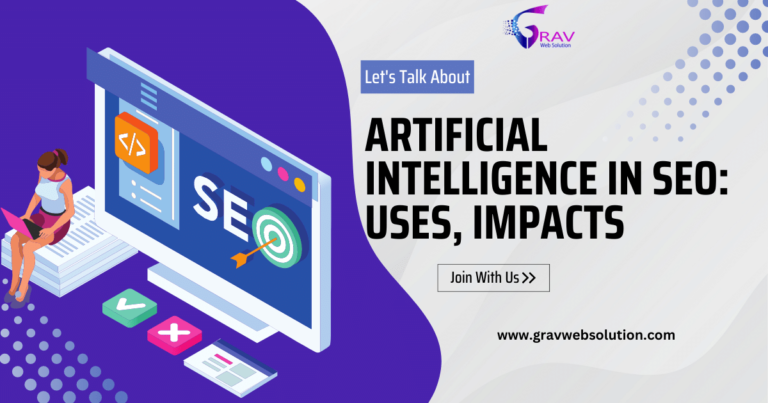The internet offers quite a many options for advertising and eventually getting business. All the different ways, approaches, and styles fall under the marquee of internet marketing. There are a lot of advertising approaches within the sphere of internet marketing, which is why it can be delicate for people new to this to understand and acclimatize to the situation. Hunt machines are the starting point for utmost druggies online, and this makes them the biggest business accumulators. It’s only natural that utmost businesses would like to tap into this business to reach new guests. Both SEO and SEM are intended to help businesses get a piece of that hunt machine business, but what’s the difference between them?
SEM encompasses SEO
Search engine marketing, or SEM, refers to all ethical strategies for driving visitors to your website from search engines. SEO (search engine optimisation) is one of the things SEM is focused on. SEO itself is focused on enhancing search engine query ranks by non-manipulative ways; in other words, it pursues organic traffic through techniques that search engines do not consider to be manipulation.
SEO and SEM: One is a necessity, the other is not
Although though SEO is typically thought of as a marketing strategy, every website actually need this kind of optimisation. Regardless of your plans to advertise your website through other channels, SEO and SEM exists to make sure that it is indexed (and not flagged as spam) so that users may discover it when they search for it or phrases linked to it. The higher your site ranks in SERPs (search engine result pages) for your chosen term and finally reaches your target audience, the more optimised it is.
What does SEO do? (SEO Methodology)
The issue with SEO is that no one can actually promise a certain outcome. To prevent manipulation and safeguard the integrity of their SERPs, search engines keep the algorithms they employ a secret. But, there are a few rules you may follow when performing SEO. Advanced SEO techniques typically pertain to specific cases or are attributable to a certain marketer’s style, which was established via significant testing and experimentation.
The two basic categories upon which SEO is built are :
On-Site Optimization
Keywords
Content
Metadata
Site speed
URL Structure
Markup use
On-site links (internal and external)
Off-Site Optimization
Backlinks
Local SEO
Guest posting
Social media marketing
Influencer marketing
Fundamentally, the goal of SEO is to educate search engines about the function and content of a website as well as its importance to visitors who are looking for information. Search engines will then assign the specific website or its content a certain position in SERPs for pertinent queries.
There are statistics that demonstrate why SEO is so crucial. 75% of all SERP traffic is, at the very least, kept on the first page. Almost 30% of the traffic goes to the top spot, 15% to the second, 9% to the third, and much less traffic goes to the other positions.
In principle, this implies that if a given question has 1,000 visitors and you are ranked first, you would advance.
What does SEM do? (SEM Methodology)
SEM is a larger word than SEO and contains several extra strategies for increasing search engine traffic, as we’ve already emphasised. To obtain ad positions within search engines rather than rankings, you can employ conventionally paid methods. To make sure that businesses only pay for the exposure that drives traffic, they are paid on a PPC (pay per click) basis.
Therefore, not every PPC is considered SEM. PPC is also used for Facebook advertisements, however it differs greatly from search engine marketing. People are exposed to Facebook adverts when they browse their news feed, read messages, and other activities. SEM advertisements, on the other hand, are shown to those who have conducted particular searches and are therefore more likely to be interested in what the advertised party has to offer.
Keywords are very important for SEO and SEM
To plan and manage a successful SEM campaign, extensive keyword research is often necessary. Why are keywords crucial for paid search engine advertising since we already know how significant they are for SEO and SEM? They are, after all, your fundamental instrument for discovering the questions in which your audience is interested.
It’s important to use keywords in PPC, and there are two things to consider while doing so.
Volume:
This is the total number of searches linked to a specific term throughout time. To provide advertisers a clearer sense of how much volume a given term has, time is taken into consideration.
Competitiveness:
This measure demonstrates how fierce the rivalry is for a certain term among advertisers. A marketer has to spend more money per click the more fierce the competition.
Keyword seasonality is a significant consideration when choosing the keywords to target. Not every term will have a constant amount of searches throughout the year. For instance, the term “Christmas gifts” will have extremely high
CPC (Cost-per-click)
Lastly, discussing SEM would be incomplete without addressing the issue of cost. As it sets a limit on how many clicks you can acquire while staying within your budget, CPC, or cost-per-click, plays a significant role in this strategy. CPC may be impacted by a number of variables, including:
Your offer
Competitiveness
Quality rating
Seasonality
Here is when things become complicated. When determining your ROI, you must use extreme caution (return on investment). You risk losing money if your clicks ultimately convert at a lower rate than you anticipated. But, very few individuals succeed on their first attempt, and, like with other marketing strategies, it requires some trial and experimenting to determine what is effective in your unique circumstance.
SEO vs SEM: Which one is better?
Obviously, that relies entirely on your goals and your financial constraints..
We hope this clarifies the distinctions between SEO and SEM as well as its applications, advantages, and disadvantages. Post your inquiries in the section below. How beneficial were SEO and SEM in comparison to one another, in your opinion? Do you engage in either one or both? Please complete the form below if you have the time as well. We would be really grateful. Enjoy your day!





